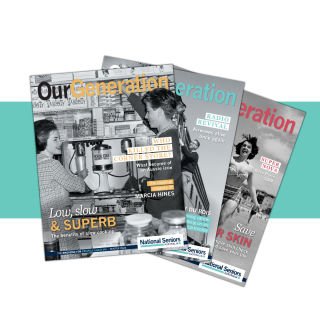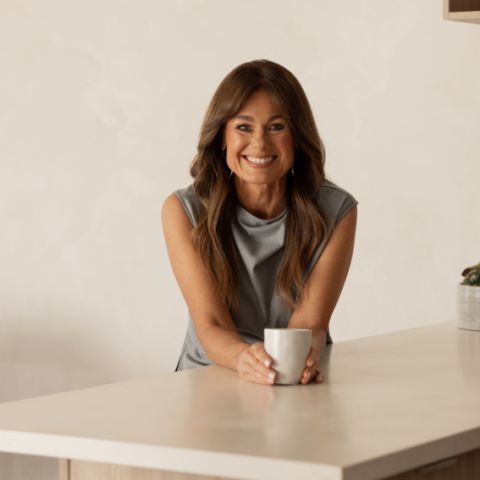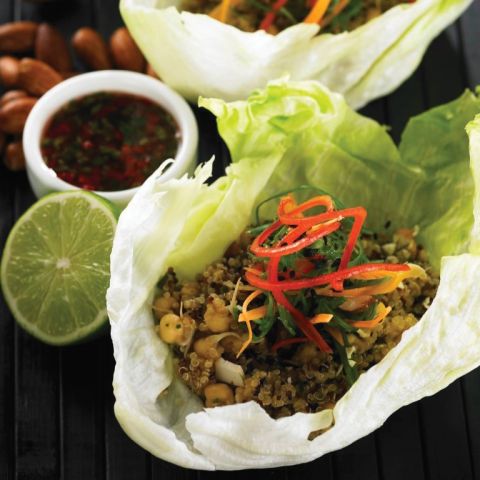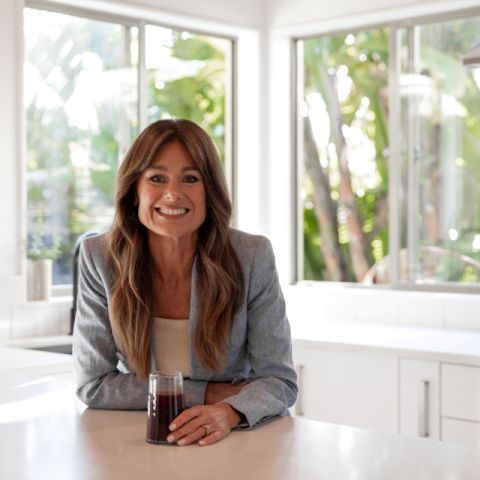How to prevent accelerated ageing
Dr Libby (PhD) shares how lifestyle choices can shape the way we move through the years.
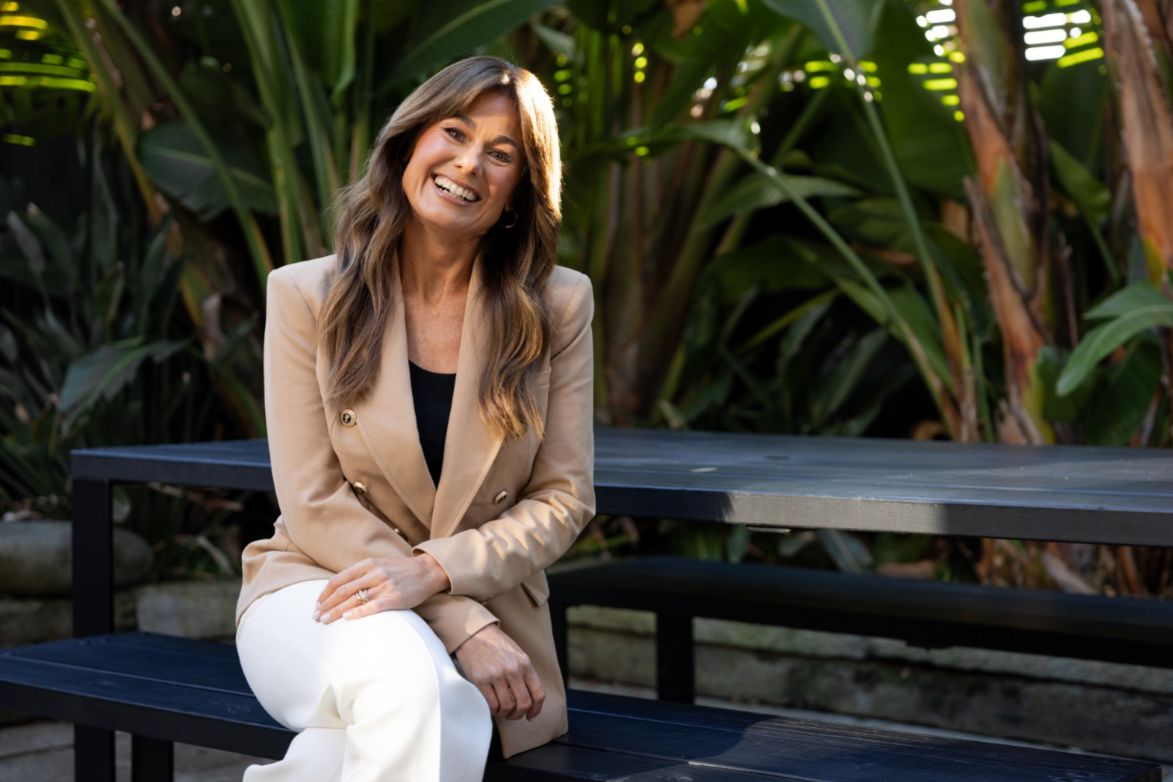
Key Points
- Ageing is a natural process and a privilege – growing old doesn’t diminish our worth.
- How we live and our lifestyle choices can impact whether ageing is accelerated or not.
- There are a few key ways to prevent accelerated ageing and protect your health across your whole life.
Ageing is inevitable, yet how we transition through the years can differ drastically from person to person. As children we typically feel excited about getting older, with milestones like reaching double digits and dreams of what the absolute independence of adulthood will be like.
But at a certain point along the way, getting older is no longer viewed in a positive light. In fact, for many people, ageing becomes something they fear or dread.
In today’s society much emphasis tends to be placed on various aspects of youthfulness as being attractive. We are bombarded with messages about needing to hide the effects of ageing. But your changing lines, hair colour, or body in no way detracts from who you are and the goodness in your heart.
Ageing is a natural process. In fact, it’s an enormous privilege that we get to live into our elderly years.
In saying that, our lifestyle and how we take care of our body can influence how we look and feel as we age. Here are some ways you can prevent accelerated ageing.
Eat a rainbow
Different coloured fruits and vegetables contain different nutrients – many of which are potent antioxidants. Eating a rainbow of colours helps to ensure you are getting a range of different antioxidants and other beneficial substances that your body needs to thrive, and to help prevent premature ageing.
Quantity matters here too. We need five serves of vegetables per day just to prevent deficiencies so, ideally, we want around seven serves (3.5 metric cups of cooked vegetables or 7 metric cups of salad vegetables) to ensure we’re providing our bodies with an abundance of micronutrients.
Become breath aware
More rapid breathing leads to more free radical production, which requires more antioxidants to be consumed in order to avoid excessive damage. When we are stressed, we tend to take short, sharp, shallow breaths that move the chest. Begin to notice your breath – does it stay up in your chest, or does it move your belly?
Diaphragmatic breathing (long, slow breaths that move the belly in and out) slows down our rate of breathing and is one of the fastest ways that we can lower stress hormone production.
Address niggling symptoms
If you’re experiencing digestive complaints or bloating, recurring headaches, or general fatigue, this is your body trying to communicate to you that something isn’t right.
These symptoms may be common, but they’re not normal – they’re a sign that something within the body needs to be addressed. Investigate them, bring curiosity to each symptom and begin to take notice of what might be driving these.
If you have symptoms that concern you, seek out professional medical advice. The reality is, if you don’t address these symptoms now, they’re likely to get louder and more challenging as time goes on. Prioritise your own health and take action today.
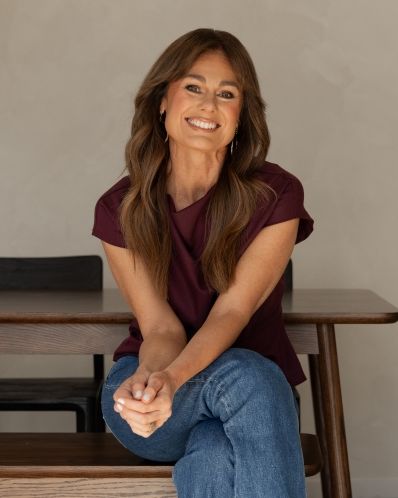
Subscribe to Health Matters today
As we age, our health really does matter – and it’s important to stay up to date with the latest advice and information on health and well-being.
Subscribe to our informative digital newsletter Health Matters, where you’ll receive quality articles, healthy recipes and the latest health information relevant to older Australians. Each edition features contributions from Dr Libby (PhD) – Internationally acclaimed nutritional biochemist, best-selling author, and international speaker – who shares her insights on nutrition, energy, and healthy living. From practical tips to inspiring ideas, Health Matters covers everything you need to know to create and maintain a healthy lifestyle in your later years.
Dr Libby has a Bachelor of Health Science (Nutrition and Dietetics) (Hons), a PhD in Biochemistry, and 25 years of clinical experience.
Disclaimer: This article is for information purposes only and should not be considered medical advice. Consult a healthcare professional about any health concerns or before making any changes to your medication, diet, or exercise routine.
Disclaimer: National Seniors Australia Ltd ABN 89 050 523 003, AR 282736 is an authorised representative of nib Travel Services (Australia) Pty Ltd (nib), ABN 81 115 932 173, AFSL 308461 and act as nib's agent and not as your agent. This is general advice only. Before you buy, you should consider your needs, the Product Disclosure Statement (PDS), Financial Services Guide (FSG) and Target Market Determination (TMD) available from us. This insurance is underwritten by Pacific International Insurance Pty Ltd, ABN 83 169 311 193. *The discount applies to the total National Seniors travel insurance premium and is for National Seniors Australia members only. Discounts do not apply to the rate of GST and stamp duty or any changes you make to the policy. nib has the discretion to withdraw or amend this discount offer at any time. This discount cannot be used in conjunction with any other promotional offer or discount






